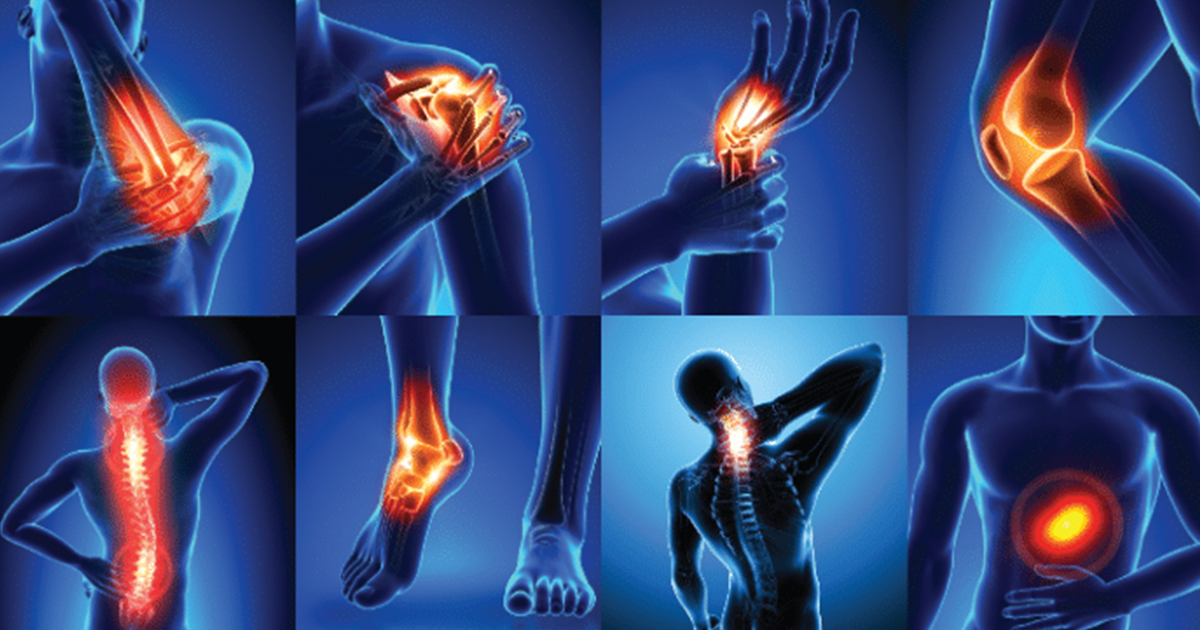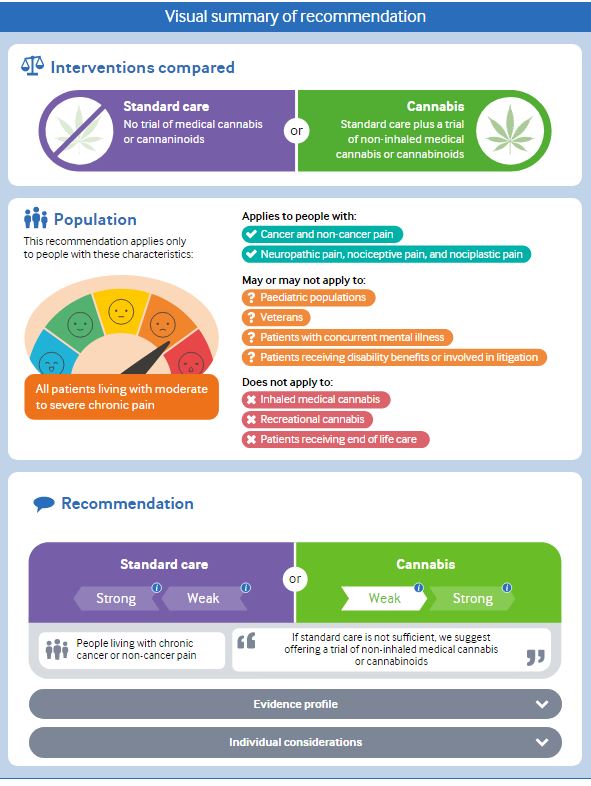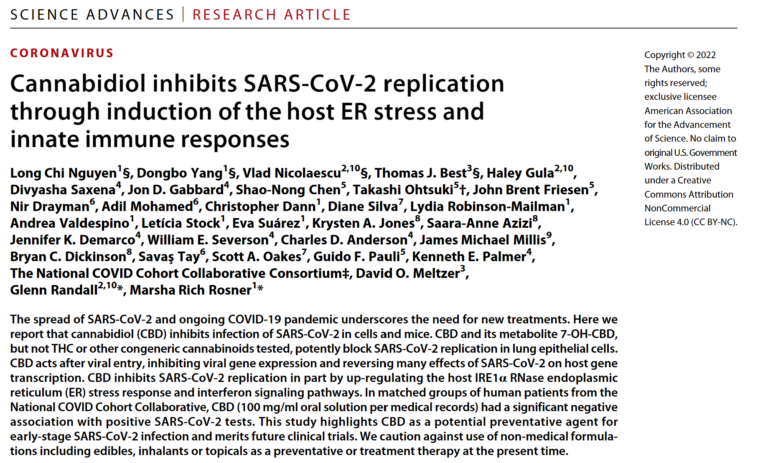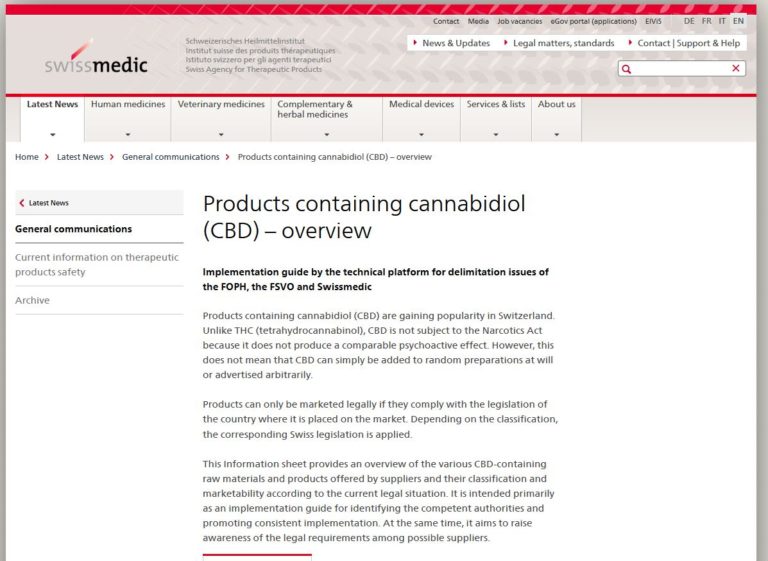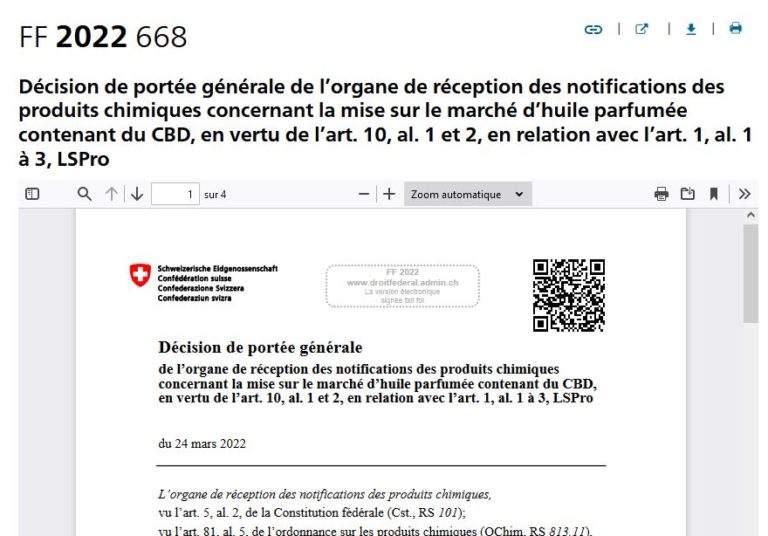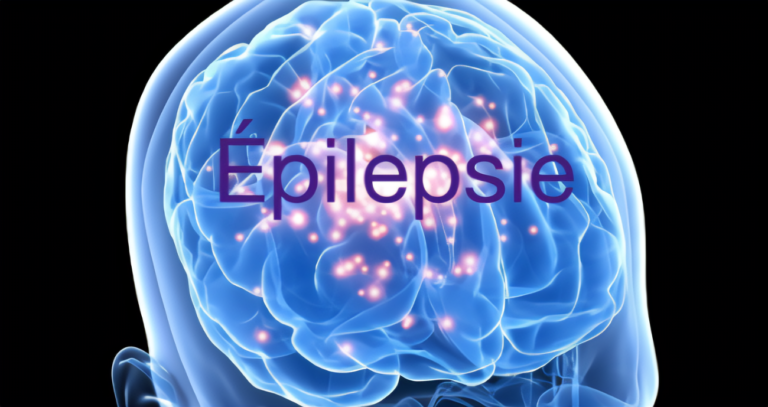Medical Cannabis for the Treatment of Fibromyalgia
Fibromyalgia is a chronic pain syndrome, often accompanied be sleeping disturbances, chronic musculoskeletal pain, fatigue, and mood disturbances. The pathogenesis of fibromyalgia is not clear. It usually affects women more than men and has a genetic preponderance. Fibromyalgia can have physical and psychological, impacts on patients. Unfortunately, in most patients, fibromyalgia is chronic. Usual medications include simple analgesics, pregabalin, and opiates. Patients with fibromyalgia may also benefit from tricyclic antidepressants, benzodiazepines, and other types of antidepressants. However, many of these medications are associated with adverse effects, which affect compliance. As a result, many patients with fibromyalgia experience continuous pain.
A study including 26 patients coming from two different hospitals in Israel revealed that medical cannabis treatment had a significant favorable effect on patients with fibromyalgia, with few adverse effects The mean dosage of medical cannabis was 26 ± 8.3 g per month, and the mean duration use was 10.4 ± 11.3 months. After starting medical cannabis treatment (consumption mode: Smoking or oral oil drops or combined), all the patients reported a significant improvement in quality of life. 13 patients ceased taking any medication other than medical cannabis. Twelve patients (~46%) reduced the dose/number of mediations by at least 50% as compared with the dose/ number of mediations prior to medical cannabis treatment.
Patients were asked to describe their experience of medical cannabis in their own words. One of patient testimonial was as following “I wish I had received this treatment when I was first diagnosed with fibromyalgia,” “I returned to be the same person as before,” “I regained my health,” and “This is a miraculous treatment.”
Another major benefit of medical cannabis treatment was a lack of serious adverse effects. Only a few mild adverse effects were reported by the patients, including dry mouth, redness of the eyes, and feeling hungry. The first 2 adverse effects were usually transient, lasting only a few weeks, and were mainly encountered in cases where the mode of medical cannabis was smoking.
In the present study, many patients continued to take 30 or even 20 g per month, which were the lowest starting doses, suggesting that consumption of approximately 1g or less a day could be sufficient to control most symptoms of fibromyalgia.
Although some research proposed a role for endocannabinoid deficiency in fibromyalgia, the potential role of endogenous cannabinoids in the pathogenesis of fibromyalgia remains unclear. More studies are needed to clarify their role. The distribution of cannabinoid receptors in the body may favor the proposed theory of central sensitization in the pathogenesis of fibromyalgia.
Key words : fibromyalgia, medical cannabis, treatment, quality of life
Fiz, Jimena, Marta Durán, Dolors Capellà, Jordi Carbonell, and Magí Farré. 2011. “Cannabis Use in Patients with Fibromyalgia: Effect on Symptoms Relief and Health-Related Quality of Life.” Edited by Antonio Verdejo García. PLoS ONE 6 (4): e18440. https://doi.org/10.1371/journal.pone.0018440.
Habib, George, and Suheil Artul. 2018. “Medical Cannabis for the Treatment of Fibromyalgia.” JCR: Journal of Clinical Rheumatology 24 (5): 255–58. https://doi.org/10.1097/RHU.0000000000000702.
Sagy, Iftach, Lihi Bar-Lev Schleider, Mahmoud Abu-Shakra, and Victor Novack. 2019. “Safety and Efficacy of Medical Cannabis in Fibromyalgia.” Journal of Clinical Medicine 8 (6): 807. https://doi.org/10.3390/jcm8060807.

